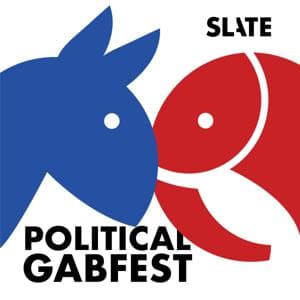John interviews Steve Coll, a staff writer at The New Yorker, the dean of the Columbia Journalism School, the author of eight books, and a two-time winner of the Pulitzer Prize.
Between 1989 and 1992, he worked as The Washington Post's South Asia bureau chief. That experience ultimately led him to write two books on Afghanistan and Pakistan (with a third on the way).
The first, “Ghost Wars,” won a Pulitzer Prize in 2005. It chronicles the C.I.A.'s secret wars in Afghanistan and how these fueled the founding of Al Qaeda. The second, “Directorate S,” focuses on the Pentagon and C.I.A.’s struggles with the eponymous, secretive branch of the Pakistani intelligence service that supported the Afghan Taliban.
John and Steve discuss both books and the intense research they required; the Biden administration’s withdrawal from Afghanistan; and Steve’s plans for a third book on the subject.
Hosted on Acast. See acast.com/privacy for more information.



































